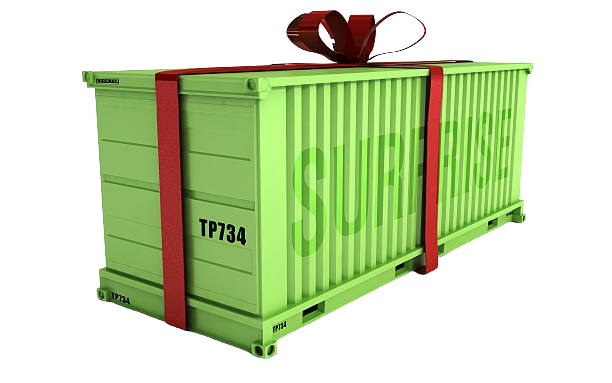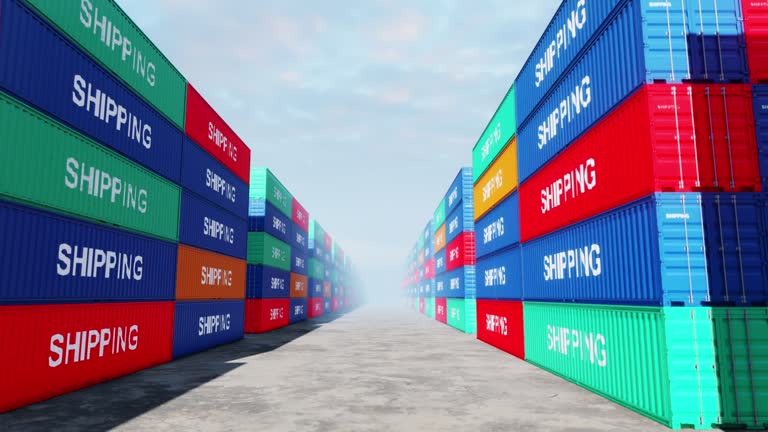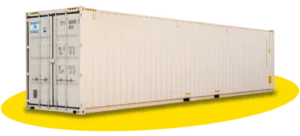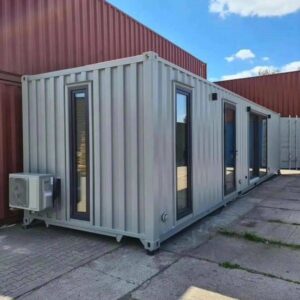
How Much Do Storage Containers Cost? A Complete Guide
Whether you’re moving, renovating, or simply need extra space to store your belongings, storage containers provide a flexible and cost-effective solution. However, if you’re considering renting or purchasing a storage container, one of the first questions you’ll have is: how much do storage containers cost?
The price of a storage container can vary widely based on factors like size, condition, location, and whether you’re renting or purchasing. In this blog post, we’ll break down the factors that affect the cost of storage containers and help you understand what to expect based on your specific needs.
1. Cost of Renting a Storage Container
Renting a storage container is often the best option for temporary storage needs, such as during a home renovation, move, or short-term business storage. Here’s what to expect in terms of rental costs:
Monthly Rental Rates
- 10-Foot Storage Container: Typically costs between $100 to $200 per month.
- 20-Foot Storage Container: This is the most common size and usually costs between $150 to $300 per month.
- 40-Foot Storage Container: The largest container you can rent, with prices ranging from $250 to $500 per month.
Rental rates may vary depending on your location, the rental company, and the length of the rental period. Long-term rentals often come with discounts or lower rates compared to short-term rentals. For example, you may pay less per month if you rent for 6 months or a year, but the upfront commitment will be higher.
Delivery and Pickup Fees
In addition to the base monthly rental cost, most rental companies charge delivery and pickup fees. These charges can range from $100 to $300, depending on how far the container needs to be delivered and where it’s located. Some companies offer free delivery for local rentals, while others charge extra if you’re located in a more remote area.
Additional Costs to Consider
- Insurance: Some rental companies require you to purchase insurance for the container, especially if it will be kept on your property. Insurance typically costs between $10 to $30 per month, depending on the coverage level.
- Climate-Controlled Containers: If you need a container with temperature or humidity control for sensitive items, expect to pay more. These units may add an extra $50 to $150 per month to the rental cost.
2. Cost of Buying a Storage Container
For those who need more permanent storage solutions, purchasing a container may be a better investment. While buying a storage container is a larger upfront expense, it can be more cost-effective in the long run, especially for businesses or individuals who need constant access to storage.
Price Ranges for New Containers
- 10-Foot Storage Container: Typically costs between $2,000 to $3,500.
- 20-Foot Storage Container: The most common size for both personal and business use, and it typically costs between $2,500 to $5,000.
- 40-Foot Storage Container: The largest option, often used for business or large-scale storage needs, typically ranges from $3,500 to $7,000.
Price Ranges for Used Containers
Buying a used storage container can save you a significant amount of money, with prices starting lower than new units. However, prices can vary depending on the container’s age, condition, and whether it has been refurbished.
- 10-Foot Used Container: Prices for a used 10-foot container can range from $1,000 to $2,000.
- 20-Foot Used Container: A used 20-foot container typically costs between $1,500 to $3,000.
- 40-Foot Used Container: A used 40-foot container generally costs between $2,500 to $4,500.
Used containers are often still in great condition, especially if they have been refurbished. However, be sure to inspect them for signs of rust, structural damage, and any issues with the doors or seals that may compromise the container’s security and durability.
Customization and Modifications
If you plan to use your storage container for a specific purpose, such as a mobile office, workshop, or pop-up retail store, you might want to modify it with windows, ventilation, electrical systems, or insulation. These customizations will add to the overall cost of the container. Modifications can cost anywhere from $500 to $5,000 or more, depending on the complexity of the work.
3. Additional Costs to Consider When Buying or Renting a Storage Container
While the initial rental or purchase price is important, there are other costs you should factor in when determining your total investment. Here are some additional expenses you might encounter:
Delivery and Pickup Fees
As mentioned earlier, transportation costs are a significant factor in both renting and buying storage containers. Delivery charges will vary based on the distance from the seller’s or rental company’s location to your site. Make sure to factor in these costs when budgeting for a storage container.
Site Preparation
Before placing a storage container on your property, you may need to prepare the site. This could include clearing space, leveling the ground, or making sure there is easy access for delivery trucks. Site preparation costs can range from $100 to $500, depending on the complexity of the job.
Maintenance and Repairs
For both rented and owned storage containers, you will need to keep up with regular maintenance to ensure the container remains in good condition. If you’re renting a container, the rental company may take care of maintenance, but if you own a container, you may be responsible for repairs. Maintenance costs can vary, but a basic inspection or minor repairs can cost around $100 to $300.
Security
If you’re storing valuable items, you may want to invest in a lock or security system to keep your container secure. A heavy-duty lock may cost between $30 to $100, while a more advanced security system (like surveillance cameras) could add additional costs.
4. Factors That Affect the Cost of Storage Containers
- Location: The cost of storage containers varies based on geographic location. Areas with higher demand, like big cities or regions with limited storage options, tend to have higher prices.
- Container Condition: New containers are more expensive than used ones, and those in excellent condition or recently refurbished tend to cost more than older, worn containers.
- Container Type: Refrigerated containers (reefers) and climate-controlled containers are generally more expensive than standard storage units due to the additional equipment required to regulate temperature and humidity.
5. Where to Buy or Rent Storage Containers
Storage containers can be purchased or rented from various sources:
- Local Container Suppliers: Many container suppliers offer both sales and rentals. You can often find them through a quick internet search for “storage containers for sale near me.”
- Online Retailers and Marketplaces: Websites like eBay, Craigslist, and Alibaba often feature new and used containers for sale.
- Shipping Container Companies: Companies specializing in shipping containers also offer options for storage. They often have a wide selection of both new and used units.
- Self-Storage Companies: Some self-storage providers offer the option to rent a container for onsite storage.
Conclusion
The cost of renting or purchasing a storage container depends on a variety of factors, including the size, condition, location, and whether you need any customizations. On average, renting a container will cost between $100 to $500 per month, while purchasing a container can cost anywhere from $1,000 to $7,000 depending on the size and condition.
When deciding between renting and buying, consider how long you need storage, your budget, and any special features (like refrigeration or modifications) you might need. No matter which route you choose, a storage container is a versatile and reliable way to keep your belongings safe and secure.



